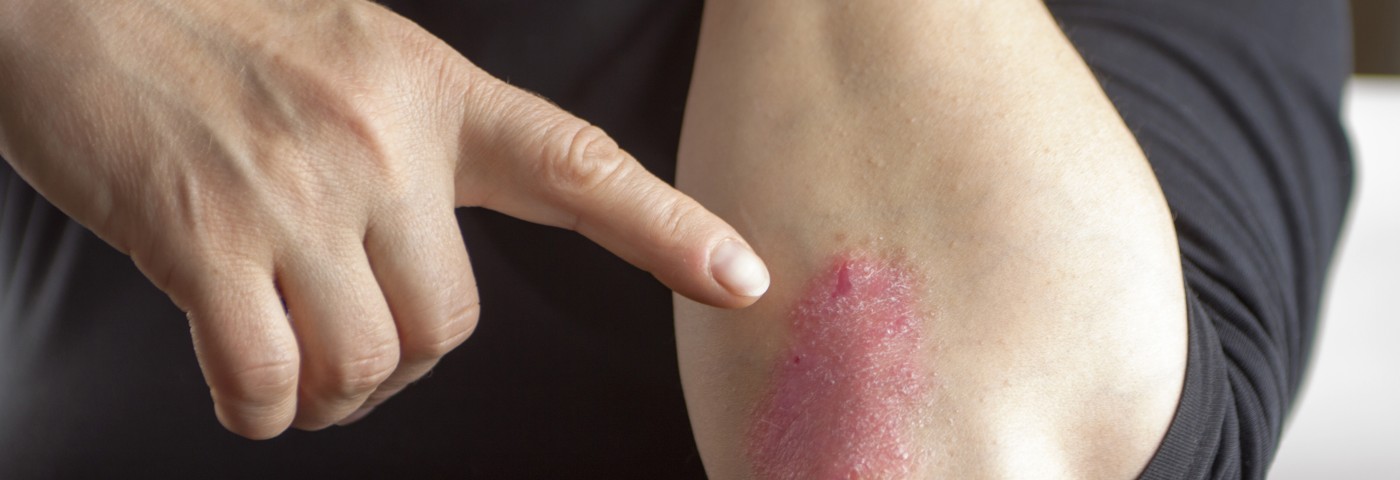A recent research study demonstrated that people suffering from plaque psoriasis who received laser treatment did not show evidence of subsequent koebnerization.
The research study, “Absence of Koebnerization Following Ablative and Nonablative Laser Therapy in Patients With Plaque Psoriasis,” was published in journal Dermatologic Surgery.
The Koebner phenomenon, or koebnerization, occurs when a new area of psoriasis develops, for example, around a surgery scar. This phenomenon can also help explain why psoriasis tends to occur on areas of constant low-intensity trauma such as elbows and knees. Koebnerization can develop after non-traumatic skin injury such as a sunburn, or an allergic reaction to a medication. In patients who have dandruff or seborrheic dermatitis, psoriasis can superimpose itself and a crossover or combination dermatitis known as “sebopsoriasis” develops.
“Koebnerization did not occur on the face, neck, or scalp in patients with plaque psoriasis who underwent laser treatment, irrespective of the severity of their psoriasis and medication they were receiving at the time of their procedure,” said Dr. Suzanne M. Sachsman, an author of the study from the division of dermatology at the University of California, Los Angeles School of Medicine. “The use of laser therapy devices seemed well-tolerated and safe in the small subset of patients on biologic and other systemic therapies for psoriasis. However, the risk of koebnerization should be explained to patients with plaque psoriasis who wish to undergo laser therapy.”
Sachsman and co-workers investigated the occurrence of the Koebner phenomenon in 38 people suffering from plaque psoriasis who received laser treatment. The authors studied patient characteristics; length of psoriasis and its severity; psoriasis therapy at baseline; number and location of laser treatment sessions; laser modality and settings.
Of 38 patients, in addition to laser treatment, 14 people received biological agents, seven took oral medications, and three people underwent both therapies. The authors demonstrated that patients showed no evidence of koebnerization after laser treatment. Moreover, none of them showed evidence of scarring, elongated healing, or skin infections.
“As a general rule, biologic agents are generally discontinued before and after major surgery due to the potential for increased infections and delayed wound healing,” the scientists added. “However, there is general discordance in the literature on whether there is a true association between increased infections when biologic agents are not withheld before and after major surgery. Recent evidence suggests continuation of these therapies during minor surgical procedures is safe.”


